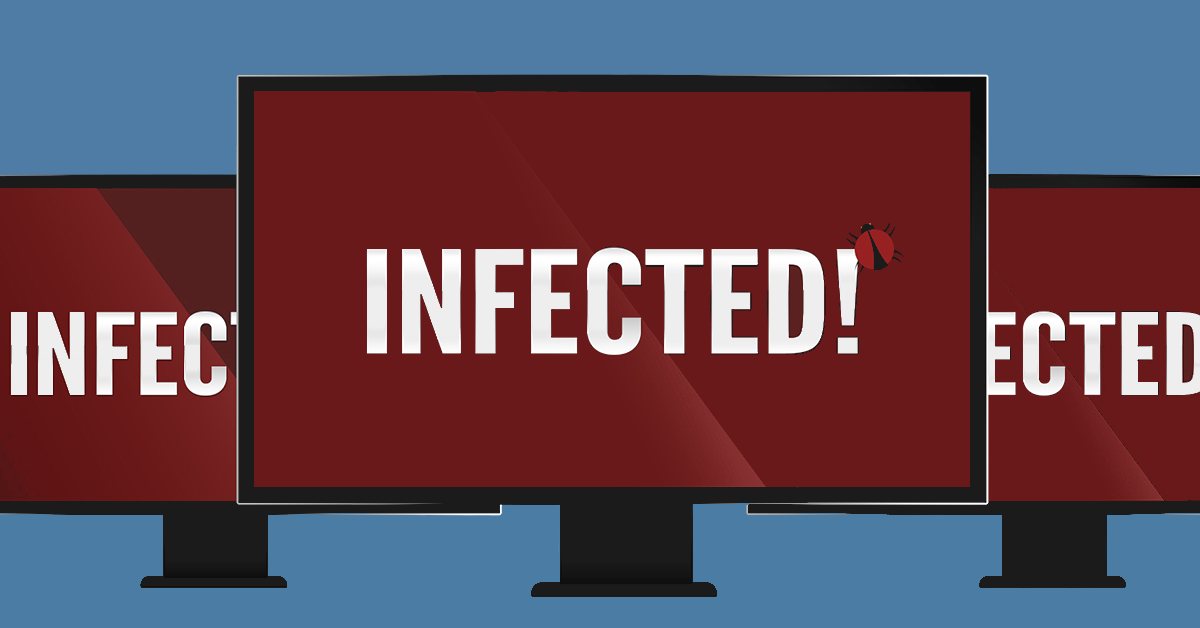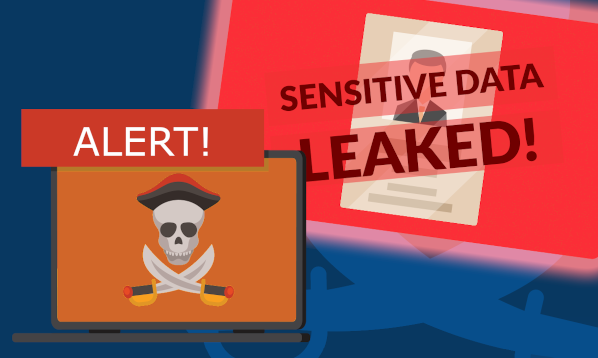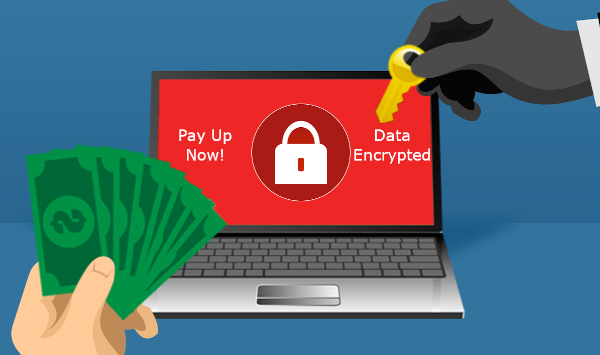 What is a virus and is it the same as malware?
What is a virus and is it the same as malware?
Malware describes software designed to act maliciously on a computer. The name ‘malware’ is a shorthand for ‘malicious software’ and describes exactly what it is. A computer virus is a single type of malware that can cause harm to your PC, but it is only one of many. Other types of malware are listed below.
Adware
Short for advertising-supported software, adware is a type of malware that delivers adverts to your computer. These advertisements often pop-up and are intrusive, irritating and designed to trick you into clicking something you don’t want. A common example of malware is pop-up ads that appear on many websites and mobile applications.
Adware often comes bundled with “free” versions of software that uses these intrusive advertising to make money. Commonly it is installed without the user’s knowledge and are purposely made to be difficult to remove.
Spyware
Spyware is designed to spy on the user’s activity without their consent or knowledge. Spyware is often installed in the background, collects keyboard input and can harvest data from the computer, monitor web activity and more.
Spyware typically requires installation to the computer. This is commonly done by tricking users into installing the spyware themselves instead of a software application that they thought they were getting. Victims of spyware are often be completely unaware of its presence until the stolen data is used elsewhere (ie in a fraudulent bank transactions or stolen online accounts).
Virus
A computer virus is a form of malware that is installed inadvertently, causing damage to the computer and / or user. A typical virus may install a keylogger to capture passwords, logins and bank information from the keyboard or it might steal or delete data, interrupt programs or cause the computer to crash.
Modern virus programs commonly use your computers processing power and internet bandwidth to perform illegal tasks remotely for hackers. The first sign of this can be when the computer sounds like it is doing a lot of work when no programs are running. A computer virus is often spread through installing unknown software or downloading attachments that contain more than they seem.
Ransomware
Ransomware is a very malicious variety of malware that prevents the user from accessing their own files and data until a ransom is paid. Files within the system are often encrypted with a password that won’t be revealed to the user until they receive money usually in the form of bitcoin.
Instead of accessing the computer as normal, the user is presented with a screen which details the contact and payment information required to access their data again.
Ransomware is typically downloaded through malicious file attachments, email or through a vulnerability in the computer system.
Worm
Another type of malware is the computer worm. Worms spread across computer networks by exploiting vulnerabilities within the operating system. Often these programs harm their host networks by consuming large amounts of network bandwidth, overloading computers and using up all the available resources.
While similar to a virus a worm is able to both copies of itself and spread independently. A virus must rely on human activity to run a program or open a malicious attachment while worms can simply spread over the network without human intervention.
If you would like to make your business secure from malware, give us a call at 08 8326 4364 or via email on
su*****@dp*********.au
.



 What is a virus and is it the same as malware?
What is a virus and is it the same as malware? Writing a computer program is hard and writing a virus is even harder (BTW you don’t even need programming skills as viruses templates can be bought online), so why do people do it? In the majority of instances it comes down to 3 reasons:
Writing a computer program is hard and writing a virus is even harder (BTW you don’t even need programming skills as viruses templates can be bought online), so why do people do it? In the majority of instances it comes down to 3 reasons: